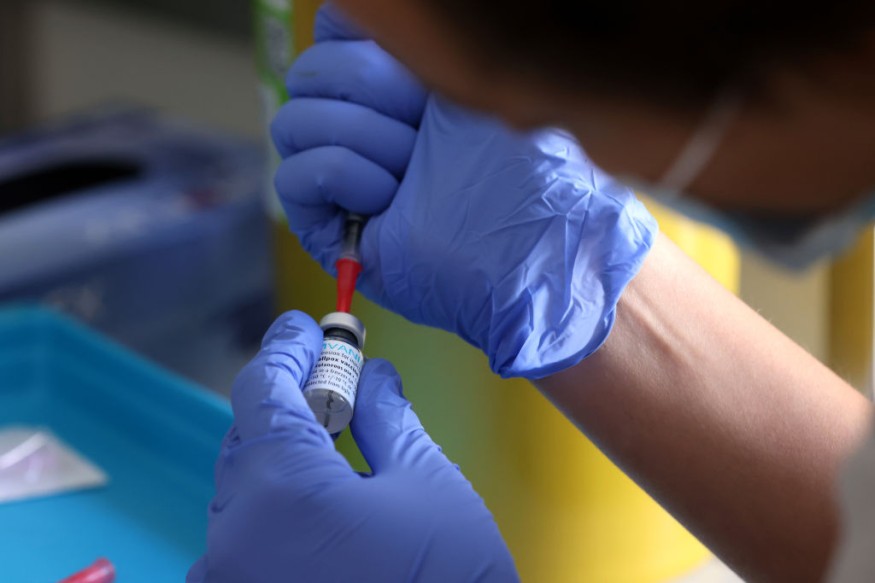Monkeypox has been declared by the World Health Organization (WHO) as a public health emergency of international concern (PHEIC), according to reports in recent days.
The announcement was made the current monkeypox issue has infected several thousands of people in dozens of countries worldwide.
The declaration was made by WHO head Dr. Tedros Adhanom Ghebreyesus last week after a number of this committee of independent adviser were split on their decision on whether to call the growing monkeypox outbreak as a PHEIC.
The PHEIC is considered to be the highest category or level of alert.
The move was reportedly the first time the WHO director general broke the deadlock and deviated from his advisers after several weeks of discussion on whether or not they will elevate the threat status posed by the monkeypox virus.
The monkeypox outbreak has not been considered a pandemic yet.
However, the recent WHO declaration traces a similar route for the novel coronavirus disease 2019 (COVID-19)'s journey in January 2020, when the WHO declared it as a PHEIC as well before considering it as a pandemic in March 2020.
Growing Monkeypox Cases

The WHO made the declaration that the monkeypox spread as a global health emergency after confirmed cases have reached a total of over 16,000 in 75 countries, which consists mostly of men who had sex with other men, according to The New York Times.
In recent weeks, the epicenter of current outbreak has remained in Europe, with notable growing cases in Germany, Spain, France, the UK, and the United States.
The monkeypox outbreak has even spread as far as South America, Asia, and Oceania, with New Zealand reporting its first case recently.
While monkeypox had its roots in Africa since decades back, the said countries have no historical record or where the viral disease is not endemic but only until in May 2022, where the early cases started to emerge.
Since then, various health measures with an emphasis on travel restrictions have been implemented, in addition to the health guidelines from the ongoing COVID-19 pandemic.
A number of countries, including the US, have utilized the development of a vaccine against the emerging global disease.
Global Health Emergency
Most of the confirmed cases involved individuals who had a travel history in Europe and North America, according to the WHO.
With the threat level elevated to PHEIC, health measures against the disease will likely increase and prioritization of containing it will be further required.
While most cases infect adults, the US recently reported its first two cases of monkeypox infection affecting children, according to the Centers for Disease Control and Prevention (CDC), as cited by CNN.
Both the WHO and the CDC indicate that the most common monkeypox symptoms include but are not limited to the following:
- fever
- headache
- muscle ache
- back ache
- swollen lymph nodes
- chills
- exhaustion
- genital rash or lesion
- anus rash or lesion
Caused by the so-called poxvirus, the monkeypox disease spreads through physical transmission, including through body fluids, saliva, and sexual intercourse.
© 2025 NatureWorldNews.com All rights reserved. Do not reproduce without permission.





